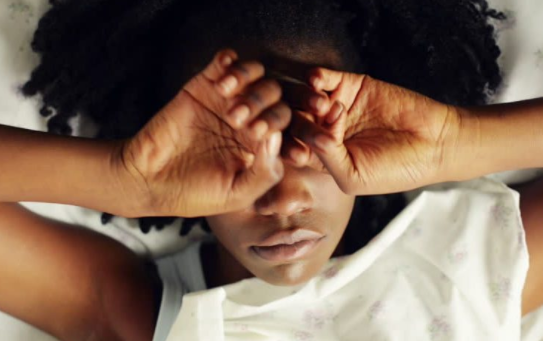Not getting enough sleep may trigger loneliness and have a negative impact on your social life.
Researchers say sleep-deprived people feel lonelier and less inclined to engage with others, avoiding close contact, in the same manner as people with social anxiety.
Published in Nature Communications, the study found that the brains of those lacking sufficient sleep exhibited heightened activity in areas that deal with perceived human threats and a shutdown of areas that encourage social interaction.
“We humans are a social species. Yet sleep deprivation can turn us into social lepers,” said Matthew Walker, study senior author and a UC Berkeley professor of psychology and neuroscience.
“The less sleep you get, the less you want to socially interact.”
“In turn, other people perceive you as more socially repulsive, further increasing the grave social-isolation impact of sleep loss,” Walker added.
“That vicious cycle may be a significant contributing factor to the public health crisis that is loneliness.”
Additionally, loneliness was found to increase one’s risk of mortality by more than 45 percent — double the mortality risk associated with obesity.
Copyright 2025 TheCable. All rights reserved. This material, and other digital content on this website, may not be reproduced, published, broadcast, rewritten or redistributed in whole or in part without prior express written permission from TheCable.
Follow us on twitter @Thecablestyle

